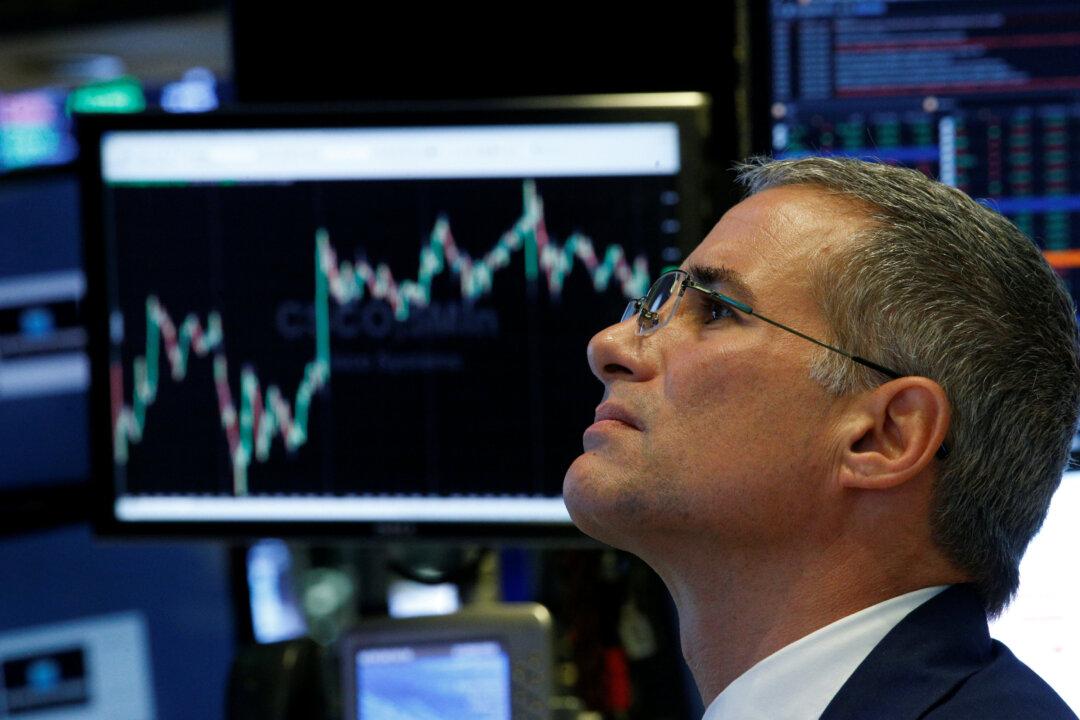The S&P 500 and Dow Jones Industrial Average hit record highs on Sept. 20, as tax reform continues to boost corporate profits.
While the uncertainty surrounding the trade war with China continues to rise, investors are confident the battle will cause less economic damage than feared.





